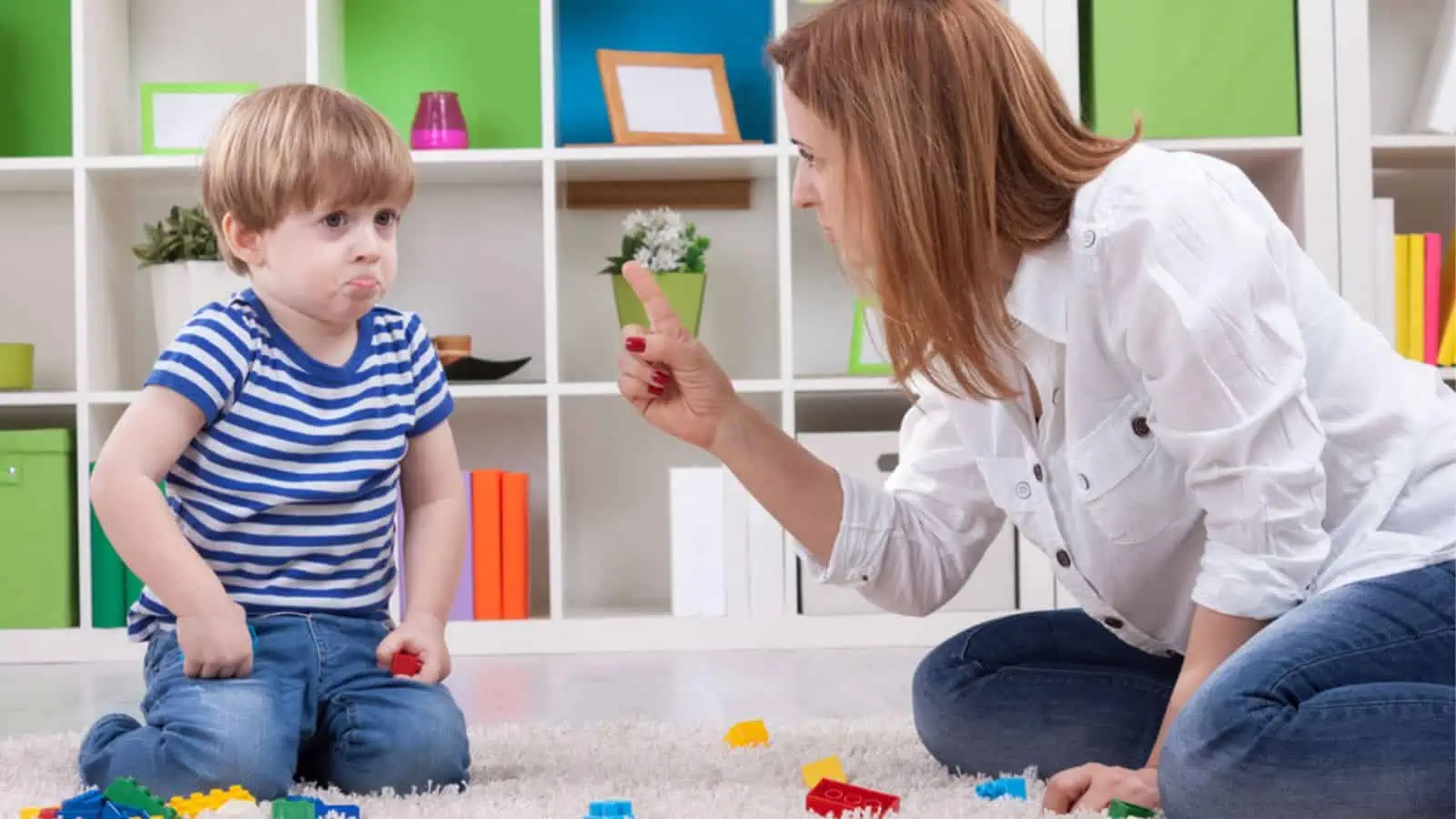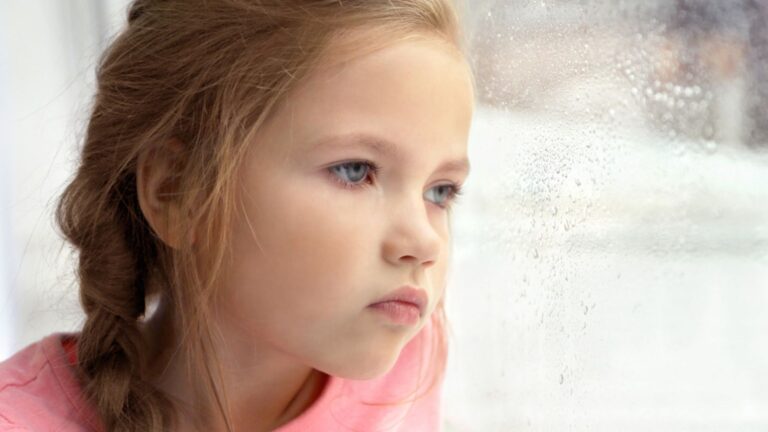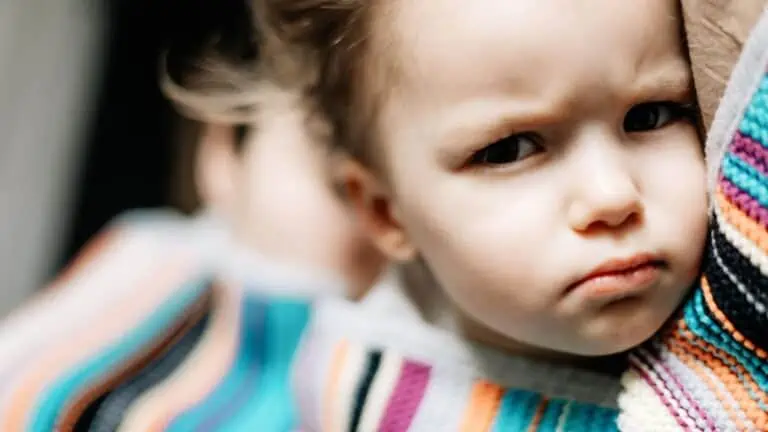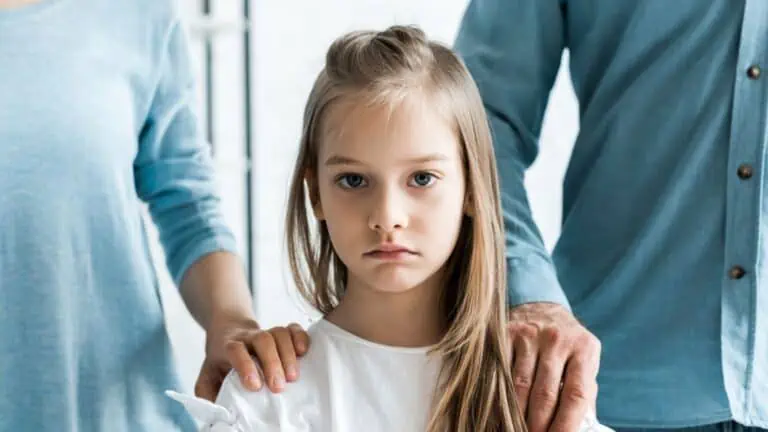18 Hurtful Phrases That a Child Should Never Have to Hear
This post may contain affiliate links. As an Amazon Associate, I earn from qualifying purchases.
Our communication with children has the power to create enduring imprints on their self-esteem, confidence, and overall mental well-being—for better or worse.
Harsh words can leave emotional wounds as profound as physical injuries. The phrases used in childhood significantly influence one’s life journey. Thus, parents should be mindful and considerate of the words they choose when engaging with their children.
Here are 18 things that a parent should never say to their child to avoid crushing their developing self-esteem.
1. Holding Adoption Over Their Head When Misbehaving

Adoption is an incredible gift of love and should never be used as a weapon to manipulate or control a child’s behavior. Threatening to return them to their birth family or questioning if they truly belong with you can have damaging effects on their self-worth and sense of security.
No matter how heated the argument or how challenging their behavior may be, never use adoption against a child. Instead, find ways to discipline and communicate effectively without using such hurtful tactics.
2. Wishing They Were Different

Every child is unique and has their own set of strengths and weaknesses. Comparing them to other children or wishing they were different can make a child feel like they are not good enough as they are. Uttering the phrase, “I wish you were more like…” never leads to positive results.
Instead, focus on nurturing and supporting your child’s individuality and helping them discover their own strengths and passions. Encourage them to be themselves and celebrate their differences.
3. Saying I Hate You

Parents should be the few people in a child’s life who love them unconditionally. Hating them instead goes against the nature of family and makes us wonder why some people have kids.
Sadly, some parents do say these words out of anger or frustration, leaving their child feeling unloved and unwanted. No matter how frustrated you may feel in the moment, never tell your child that you hate them (it’s a hard thing to take back). Instead, take a step back and find healthy ways to manage your emotions before addressing the situation with your child.
4. Counting Down the Days to 18
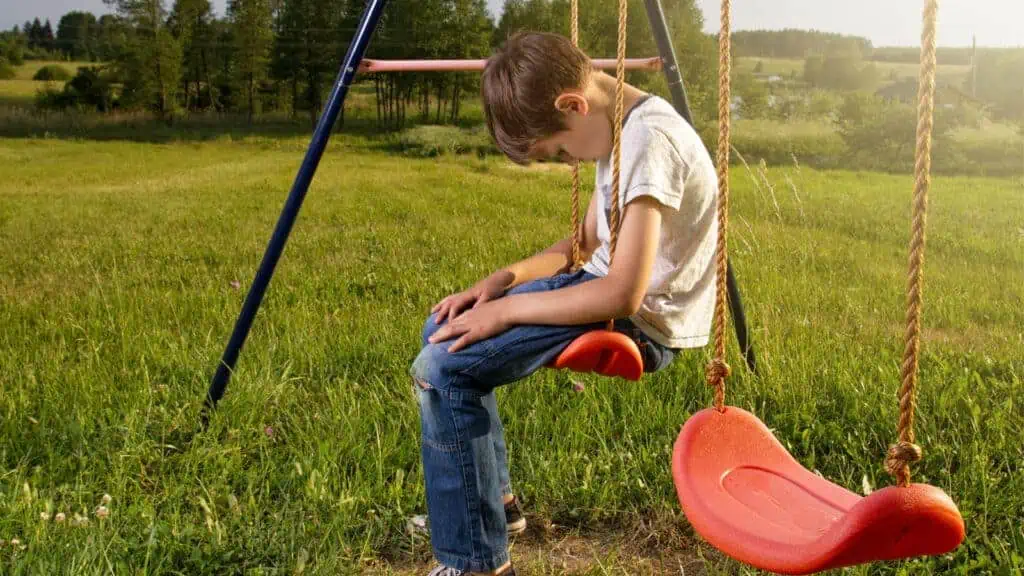
Understandably, raising a child can be challenging and overwhelming at times. However, saying things like “only 12 more years until you’re out of the house” or “can’t wait for you to turn 18 so I don’t have to deal with you anymore” not only creates fear and anxiety in a child but also sends the message that they are a
Again, this behavior has many people wondering what the point of being a parent is. Enjoying all those sweet (and tough) moments is part of the journey.
5. You’re Too Expensive
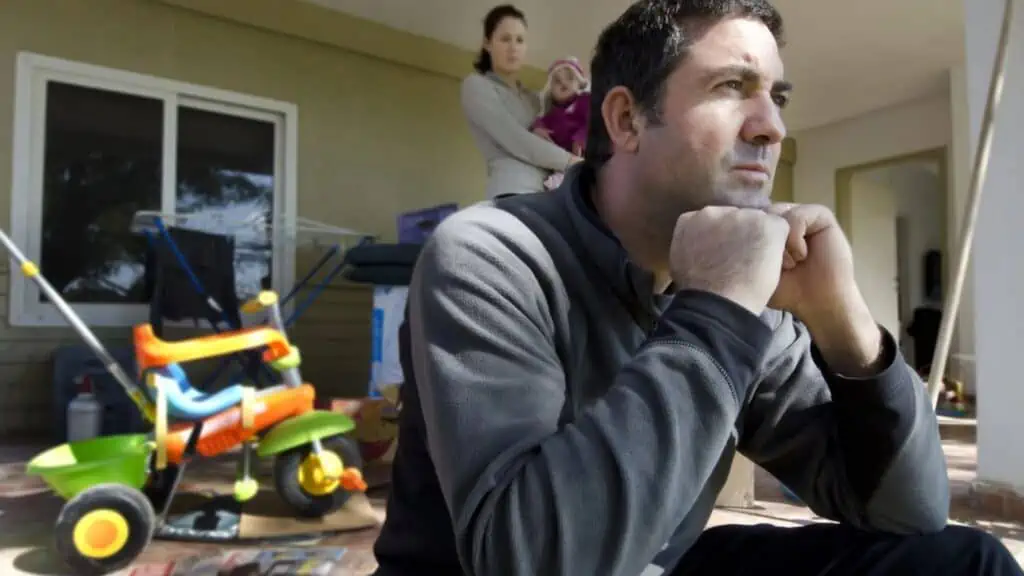
Children are expensive; there’s no doubt about that. However, reminding your child of this can make them feel like a burden or an inconvenience. It can also create feelings of guilt and shame for needing basic necessities.
Instead of making your child feel like they are a financial burden, find ways to manage expenses and teach them the value of money. Encourage open communication and involve them in budgeting decisions when appropriate.
6. Blaming Kids for a Parent’s Problems

It’s easy to get caught up in the stresses and challenges of parenting. But blaming your child for your problems or using them as an excuse for not achieving certain goals sends a damaging message that they are responsible for your happiness.
Children should never bear the weight of their parents’ issues or be made to feel like they are holding them back. Instead, find healthy ways to manage stress and communicate openly with your child about any challenges you may face.
7. Saying They’re The Reason Life is Hard
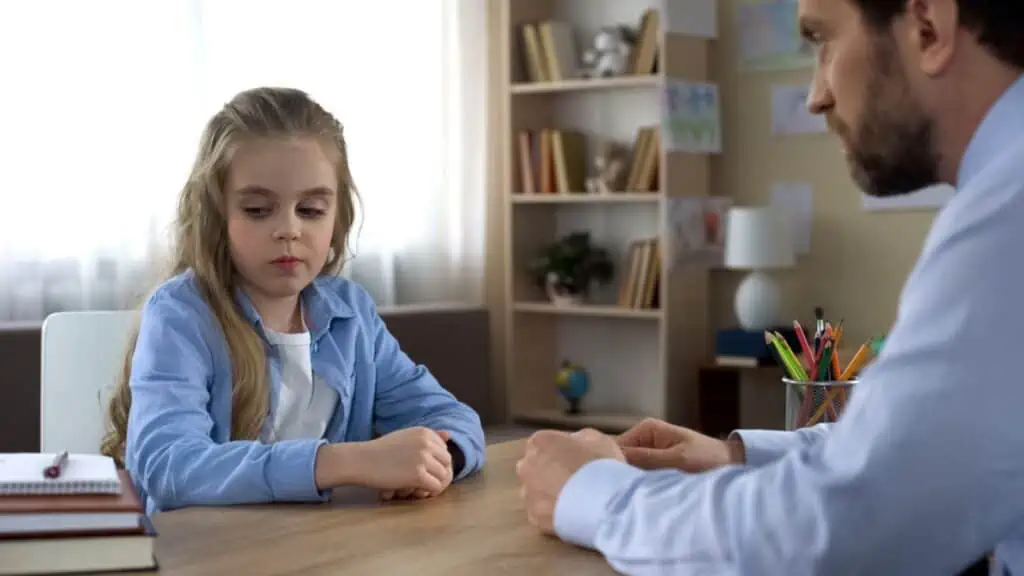
Similar to blaming your child for your problems, saying they are the reason life is hard implies that they are a burden and a source of constant struggle. This can damage their self-esteem and make them feel like they are responsible for any difficulties or hardships in your life.
Instead, acknowledge that parenting can be tough but reassure your child that they are not the cause of any struggles.
8. Why Can’t You Be Different
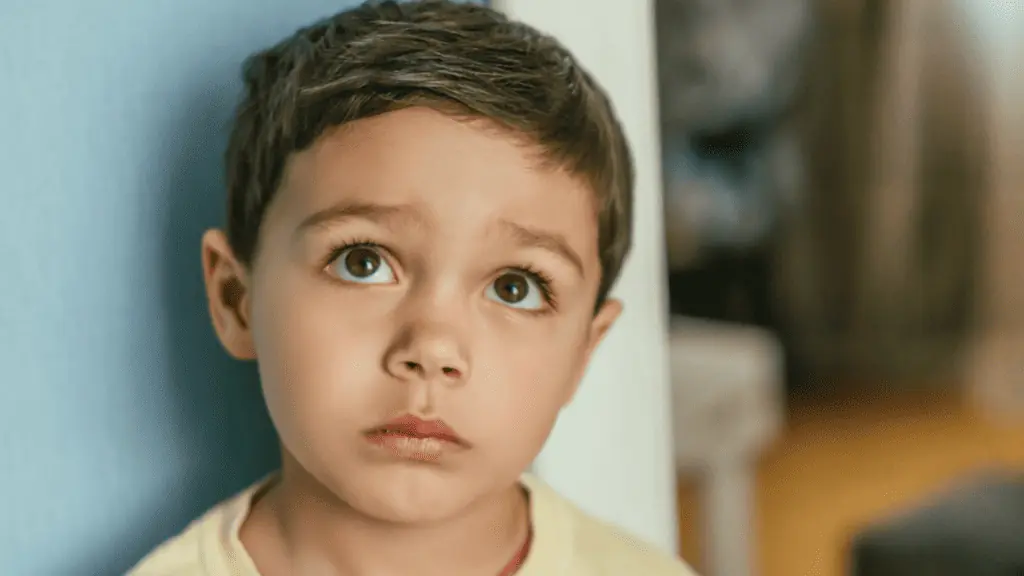
As parents, we may have certain expectations for our children and their behavior. But it’s important to remember that every child is unique and will not always meet those expectations.
Telling your child, “Why can’t you be more like your sibling/friend/cousin?” or “Why can’t you just behave like other kids?” damages their self-esteem and creates resentment and comparison.
9. My Life Would Be So Different
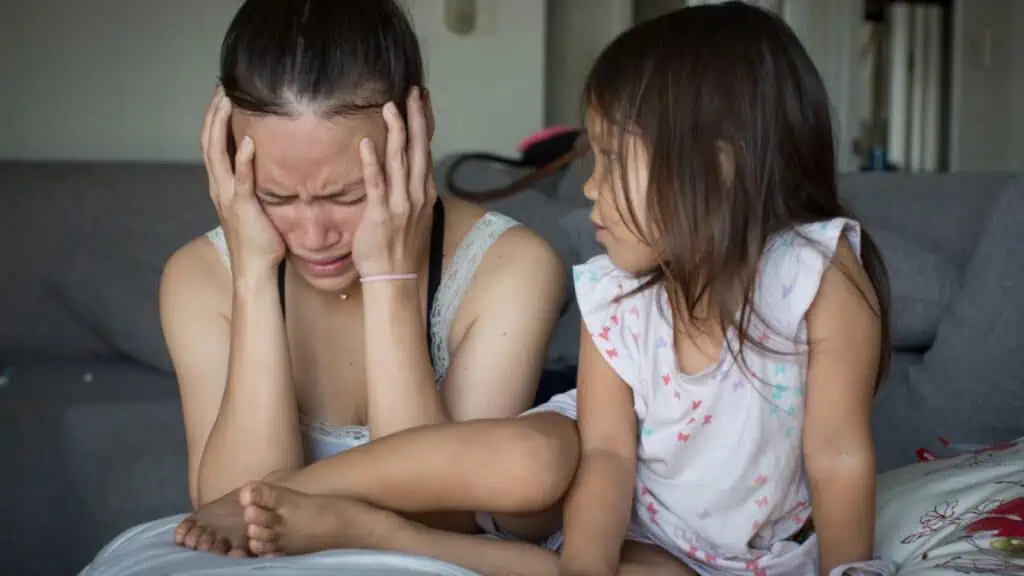
Sometimes, parents may feel like they have missed out on certain opportunities or experiences because of having children. However, saying things like “My life would be so different if I didn’t have you” can make a child feel guilty for existing and cause them to question their worth.
Instead, focus on the positive aspects of your life with your child and show them that they are a valuable part of your family.
10. We’re Divorcing Because of You
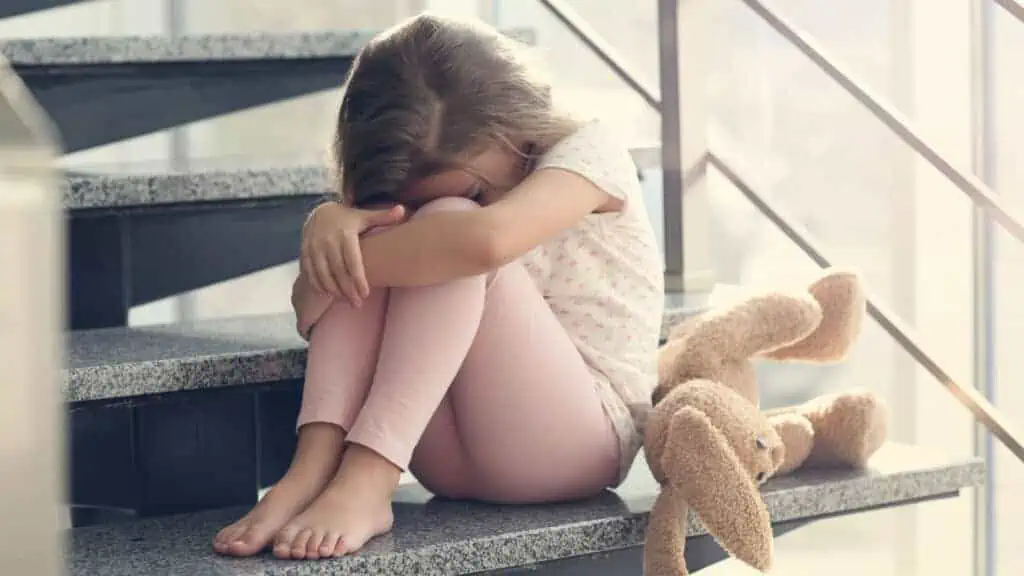
Divorce is a difficult and emotional process for any family, but using your child as the reason for the split can have severe and lasting effects on their well-being. Children may blame themselves or feel like they are responsible for keeping their parents together.
Instead of placing blame on your child, communicate openly and honestly with them about the reasons for the divorce in an age-appropriate manner. Reassure them that it is not their fault and that both parents still love them.
11. Your Efforts Aren’t Enough

Children often look up to their parents for guidance and approval, so telling them that their efforts are not enough can be incredibly damaging to their self-confidence. This type of statement can also discourage children from trying or taking risks in the future.
Holding high standards is one thing, but constantly expecting perfection or belittling a child’s efforts is harmful. Instead, encourage and support your child in their endeavors and celebrate small victories along the way.
12. Why Can’t You Change?

As children grow and develop, they will inevitably make mistakes or exhibit behaviors that may be frustrating for parents. But asking them, “Why can’t you change?” implies that something is wrong with them and that they need to be fixed.
Instead of focusing on changing your child, try to understand their perspective and work together to find healthy ways to address problematic behavior.
13. Constant Criticism
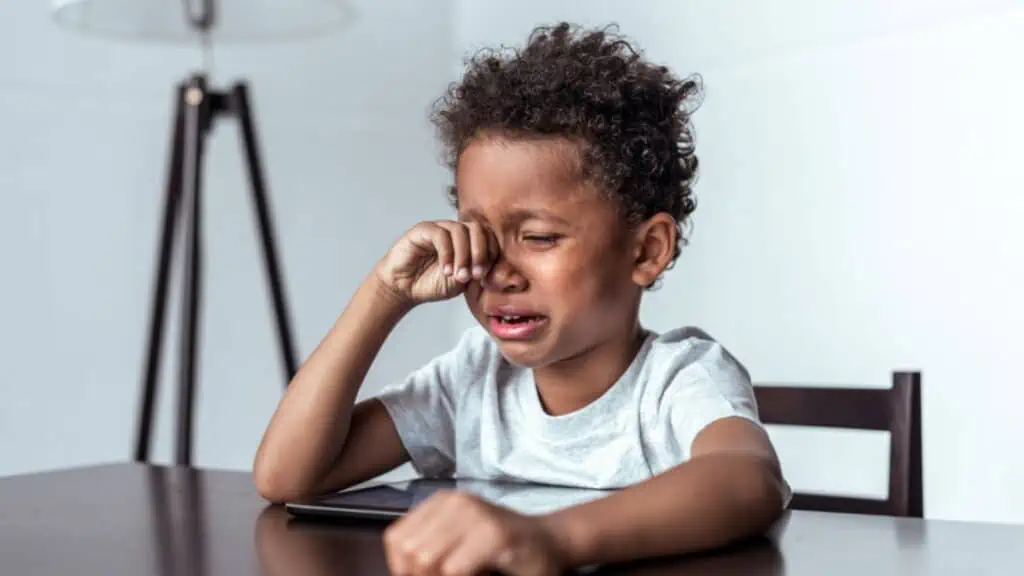
Constant criticism and nitpicking can chip away at a child’s self-esteem and make them feel like they are never good enough. While constructive feedback is necessary for growth, constantly pointing out flaws or nagging a child about their behavior can cause them to doubt their abilities.
Instead, try to balance constructive criticism with praise and encourage your child to learn from mistakes rather than dwelling on them.
14. Abusive Comments
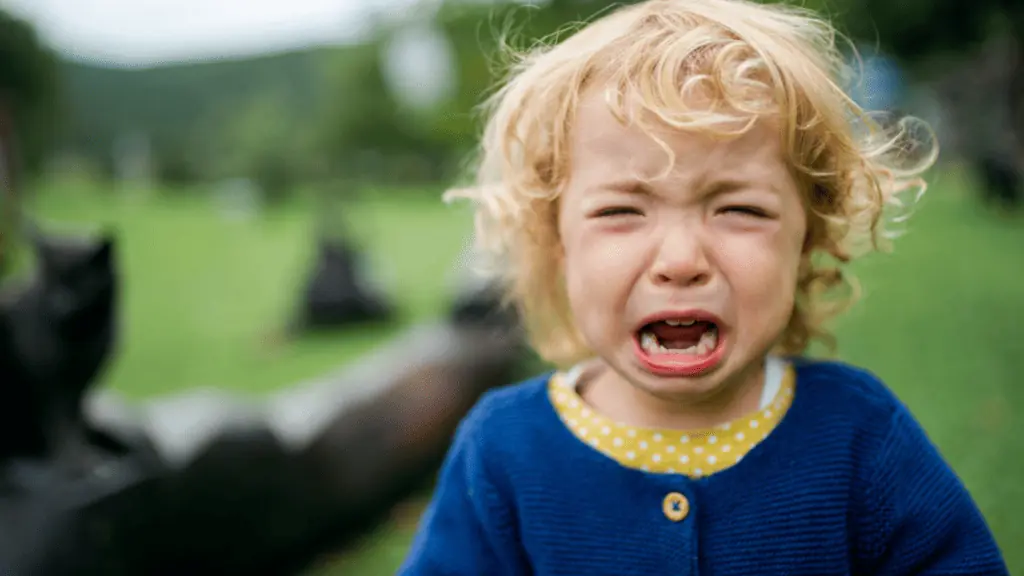
Abusive verbal or physical comments have no place in a healthy parent-child relationship. These types of hurtful words and actions can cause lasting damage and lead to serious emotional and psychological issues.
If you find yourself resorting to abusive language or behavior towards your child, seek help from a therapist or counselor to address any underlying issues and learn healthier ways of communicating with your child.
15. Body Image Comments
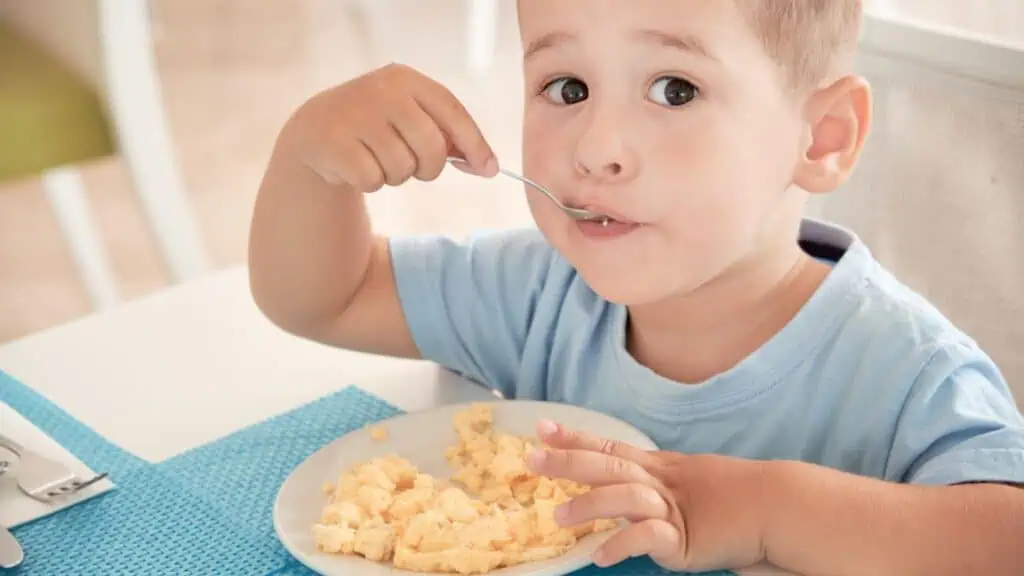
Body image is a sensitive subject for both children and adults. Making negative comments about your child’s appearance or comparing them to others can affect their self-esteem and body image.
Rather than focusing on their physical appearance, encourage your child to appreciate their unique qualities and teach them the importance of self-love and acceptance. Avoid using derogatory language or making jokes at their expense.
16. You’re Ugly

Beauty is in the eye of the beholder, and telling children they must conform to certain standards to be considered beautiful is ridiculous. These types of comments can damage their self-image and create harmful beliefs about beauty.
Instead, teach children to appreciate their unique features and that true beauty comes from within. Instead, avoid focusing on physical appearance and celebrate qualities like kindness, intelligence, and creativity.
17. Threats of Leaving

Saying things like “I’m leaving and never coming back” or “You’re better off without me” can create feelings of abandonment and insecurity in a child. This can also lead to trust issues and difficulties in forming healthy relationships in the future.
Instead, reassure your child that you love them and will always be there for them, even if disagreements or challenges exist within the family. Let them know your unconditional love for them will never change.
18. Wishing They Never Existed
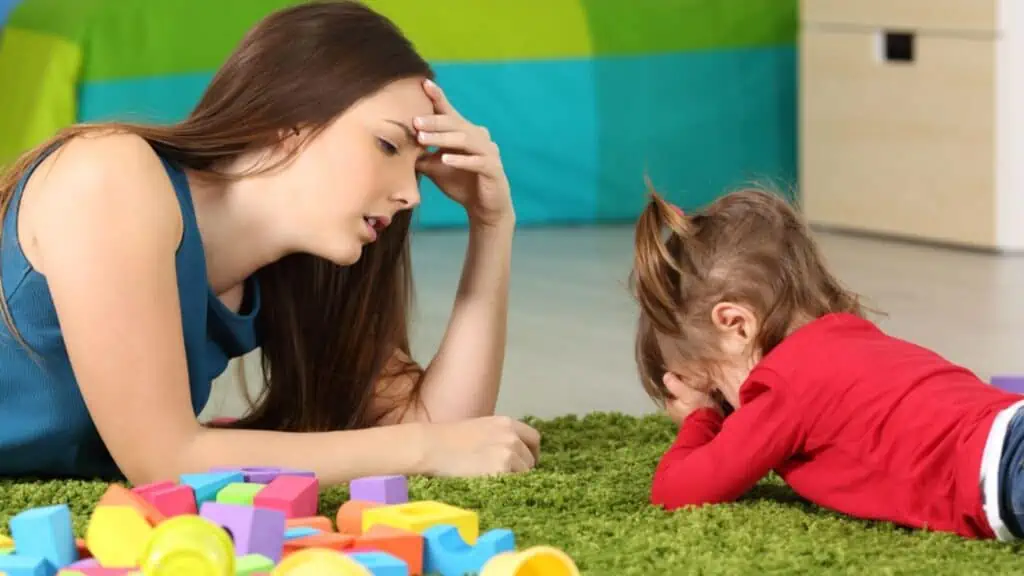
While many of the words make children feel like their parents don’t want them, some parents heartbreakingly tell their kids they don’t want them. Even if this is said in the heat of an argument, it can have long-lasting effects on a child’s self-worth and sense of belonging.
If you’re feeling overwhelmed or frustrated, take a break and find healthy ways to cope rather than saying hurtful things that may damage your relationship with your child. Remember, they are a precious gift and deserving of love and acceptance.
Overall, it’s important for parents to be mindful of the words they use and the impact they have on their children. Using positive and affirming language can help build a strong and healthy relationship with your child and promote their self-esteem and well-being.
20 Strong Words Parents Should Never Say to Their Kids

Countless adults sitting in a therapist’s office today are grappling with the lasting impact of words spoken by their parents during childhood. Regardless of how you perceive yourself, in your child’s eyes, you are nothing short of the most remarkable thing to happen to them since “skip intro.” This underscores the critical importance of being mindful of what you say to your children, as your words become the small but influential voice in their developing minds.
20 Strong Words Parents Should Never Say to Their Kids
How to Be a Good Mother: 16 Practical Tips

Being a mom is one of the world’s most important, challenging, and rewarding jobs. It’s also one of the most difficult to define. What does it mean to be a good mother? There are as many answers to that question, but none of them have anything to do with striving for perfection or doing more.

